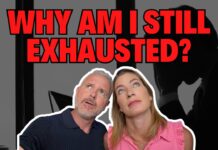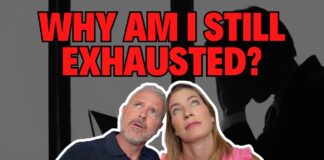Head’s up, real estate agents, supply and demand are up for solar powered homes! With 1.2 million homes currently producing solar energy and a 70% rise in demand for solar equipment in the last 10 years, there’s an increasing chance that you’ll be representing a buyer or seller with a feature on their home that is starting to get big returns on value, but beware of the hiccups that can occur when selling and purchasing a solar powered home!
The exciting news is that solar homes can benefit your client in a big way. For sellers, a 2015 study done by the Lawrence Berkeley National Laboratory tells us that solar homes sell for a 15% premium over a comparable home listing without solar. For buyers, energy bills can be lowered as each kilowatt of power generated by solar panels is one less kilowatt to be paid to the utility company. Also, federal and/or state tax credits (depending upon the state) are available to owners of solar homes.
The downside has been when the home has been marketed with this premium feature and buyers run into problems closing the deal because of how the solar equipment was purchased. To best serve your “solar” clients, agents have to know the in’s and out’s of how solar panels are financed. If the current home owner bought the panels and inverter out right there is no problem. The solar equipment will merely be included in the price and transfer of the listing when the home is sold. If the current home owner leased or financed the equipment, make sure the contract for that lease is in order and transferrable to the buyer. If the current owner financed the solar equipment with what is called public assistance funds, the process can be a bit more complicated.

Many, but not all, owners finance their solar equipment with a federal and local public partnership assistance program called Property Assessed Clean Energy or PACE. The home owner uses that public assistance loan to finance the purchase and installation of the solar equipment and then pays back that loan to PACE through their property tax bill. If that owner/borrower defaults on their PACE loan, a “super priority” lien is put on the home just like a tax lien would placed on the home if an owner defaulted on their taxes.
A “super priority” lien, a lien that must be paid back first, can be problematic for a home buyer trying to obtain financing to buy that solar home. Some lenders are unable to make loans for homes involved with super priority liens; some are not.
This is where you, as the agent, come in. Agents who know which lenders can and will finance a home loan when PACE funding is involved can “make” the deal. Whether representing sellers or buyers of solar homes, make sure you know the in’s and out’s of financing solar equipment so that everything, from the MLS listing to mortgage financing to the final contract, is spelled out clearly and accurately. Then, you’ll have your moment ‘in the sun’ when your client benefits from your expertise in this growing sector of renewable energy.






















